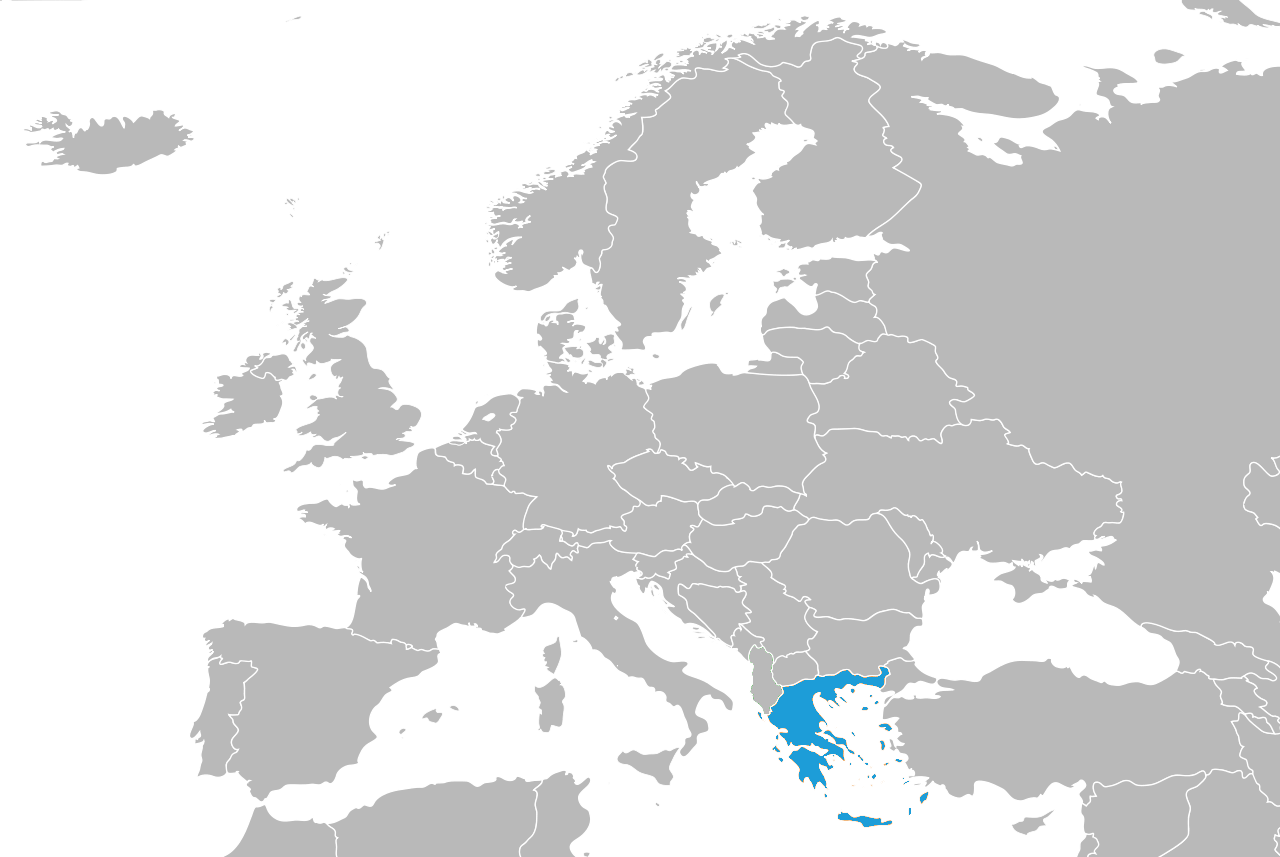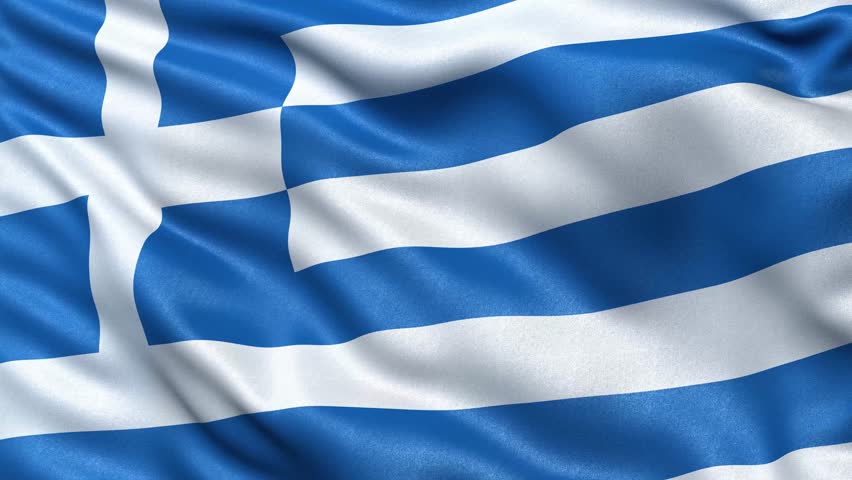The Greek language belongs to the Hellenic branch of the Indo-European language family. Greek is spoken by about 14 million people mainly in Greece and Cyprus, where it is an official language, and also in parts of southern Italy where it’s considered a minority language (Griko), and also in Albania, Armenia, Romania and Ukraine, and the Greek diaspora (mostly in the US, Canada, Australia, Germany, Sweden and the UK).
Greek has a documented history spanning 34 centuries of written records, the longest documented history of any Indo-European language. Greek has been spoken in the area we now call Greece, but also in Asia minor and other parts of the balkan peninsula and areas as far as Ukraine and Georgia, since around the late 3rd millennium BC. The earliest written evidence (Linear B ) is a clay tablet found in Messenia that dates to between 1450 BC and 1350 BC, making Greek the world’s oldest recorded living language.
In addition to this, the Greek alphabet has been in continuous use since about 750 BC. It was developed from the Phoenician alphabet, however, when the Greeks adapted the Phoenician alphabet to write their language they added vowels and created the world’s first fully phonemic alphabet which represented by consonant and vowel sounds.



